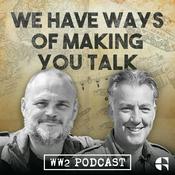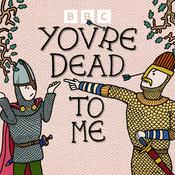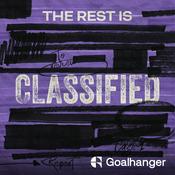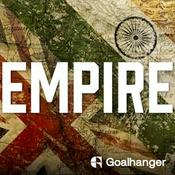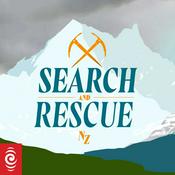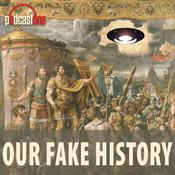27 episodes

Episode 26: Samarra
01/12/2022 | 31 mins.
As we finish off the Neolithic we must first go backwards to one of the less well known but vastly important cultures of the Neolithic Near East - the Samarra. As the first known Neolithic culture of Southern Mesopotamia the Samarra gave rise to many developments which underpinned the later civilisations of this part of the ancient Near East. It is also an ancient culture for which we have perhaps as many questions as answers. Hopefully more answers will come in time as more sites are excavated and studied. Even today, though, there is still a fair bit which we do know about the Samarra. If you have any questions or comments you can email me at [email protected] or reach me on the website at prehistorypodcast.com.

Episode 25: The Neolithic Comes to Transcaucasia
01/8/2022 | 43 mins.
In the east of Anatolia and off to the north of Mesopotamia is the southern Caucasus, which is also known as Transcaucasia. This region combines being one of the last parts of the Near East to have mobile hunter-gatherers, and one of the first regions of the Near East to practice copper metallurgy. In between we have the sixth millennium cal BCE, when Transcaucasia has its own unique Neolithic. If you have any questions or comments you can email me at [email protected] or reach me on the website at prehistorypodcast.com.

Episode 24: Early Chalcolithic Anatolia
06/6/2022 | 44 mins.
After all of the arguments that we saw for the Wadi Rabah as to whether it was part of the Late Neolithic or part of the Early Chalcolithic, this time we shall have a look at Anatolia in the first half of the sixth millennium cal BCE - which is widely agreed here to the Early Chalcolithic. Unlike the more widespread cultures of the Halaf or the Wadi Rabah, each of which spanned multiple modern-day countries, Anatolia in the Early Chalcolithic is home to multiple smaller cultures across its different regions. If you have any questions or comments you can email me at [email protected] or reach me on the website at prehistorypodcast.com.

Episode 23: Wadi Rabah
15/5/2022 | 39 mins.
In this episode we head south to look at one of the major cultures of the Southern Levant during the sixth millennium BCE - the Wadi Rabah. While there is a lot that we know about the Wadi Rabah culture, there is also a lot that we argue about. Really, a lot. If you have any questions or comments you can email me at [email protected] or reach me on the website at prehistorypodcast.com.

Episode 22: Halaf
03/3/2022 | 1h 3 mins.
The Halaf culture was first discovered on the eve of the first world war at Tell Halaf in eastern Syria. The beautifully made and elaborately decorated pottery of this culture made it a sensation in the archaeology of the ancient Near East in the early twentieth century, as no one had previously imagined that small and simple farming villages could have produced such beautiful vessels, nor in such large numbers. What is equally impressive today at the beginning of the twenty-first century is that the Halaf not only produced pretty things, but that this culture reversed the trend of small, regional cultural groups that we saw in the seventh millennium and grew to cover all of northern Mesopotamia, most of central Mesopotamia, and heavily influenced or even incorporated groups of people in south-eastern Anatolia and the northern Levant. If you have any questions or comments you can email me at [email protected] or reach me on the website at prehistorypodcast.com.
More History podcasts
Trending History podcasts
About Pre History - the archaeology of the ancient Near East
Listen to Pre History - the archaeology of the ancient Near East, WW2 Pod: We Have Ways of Making You Talk and many other podcasts from around the world with the radio.net app
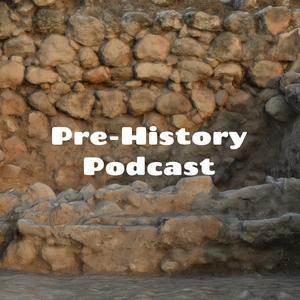
Get the free radio.net app
- Stations and podcasts to bookmark
- Stream via Wi-Fi or Bluetooth
- Supports Carplay & Android Auto
- Many other app features
Get the free radio.net app
- Stations and podcasts to bookmark
- Stream via Wi-Fi or Bluetooth
- Supports Carplay & Android Auto
- Many other app features


Pre History - the archaeology of the ancient Near East
download the app,
start listening.
